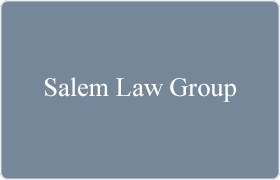South San Francisco Real Estate Lawyer, California
Sponsored Law Firm
-
 x
x

Click For More Info:
-
Salem Law Group
678 San Benito Ave Menlo Park, CA 94025» view mapFamily, Real Estate, Estate, Personal Injury Where Every Client Matters
Let Salem Law Group handle your legal matter today!
800-951-5041
Mark Epstein
✓ VERIFIEDWe are a small neighborhood law firm that works hard to provide affordable quality legal services to our clients. We concentrate primarily in Bankrupt... (more)
Paul John Barulich
✓ VERIFIEDPaul J. Barulich is the founder, Shareholder, and Director at Barulich Dugoni & Suttmann Law Group, Inc. Mr. Barulich's law practice focuses on estate... (more)
Elinor Leary
✓ VERIFIEDElinor Leary is the team leader of the Leary Trial Team which handles complex cases that involve life-altering injuries or death. Elinor has expertise... (more)
John Peter Shearer
✓ VERIFIEDPete grew up in Oklahoma and obtained his BSE in Civil Engineering at Princeton University. He received his J.D in 1989 from Georgetown Law Center an... (more)
Shawn R. Miller
FREE CONSULTATION
CONTACTJerome J. Ghigliotti
FREE CONSULTATION
CONTACT Mercedes Salem Menlo Park, CA
Mercedes Salem Menlo Park, CA Practice AreasExpertise
Practice AreasExpertise




